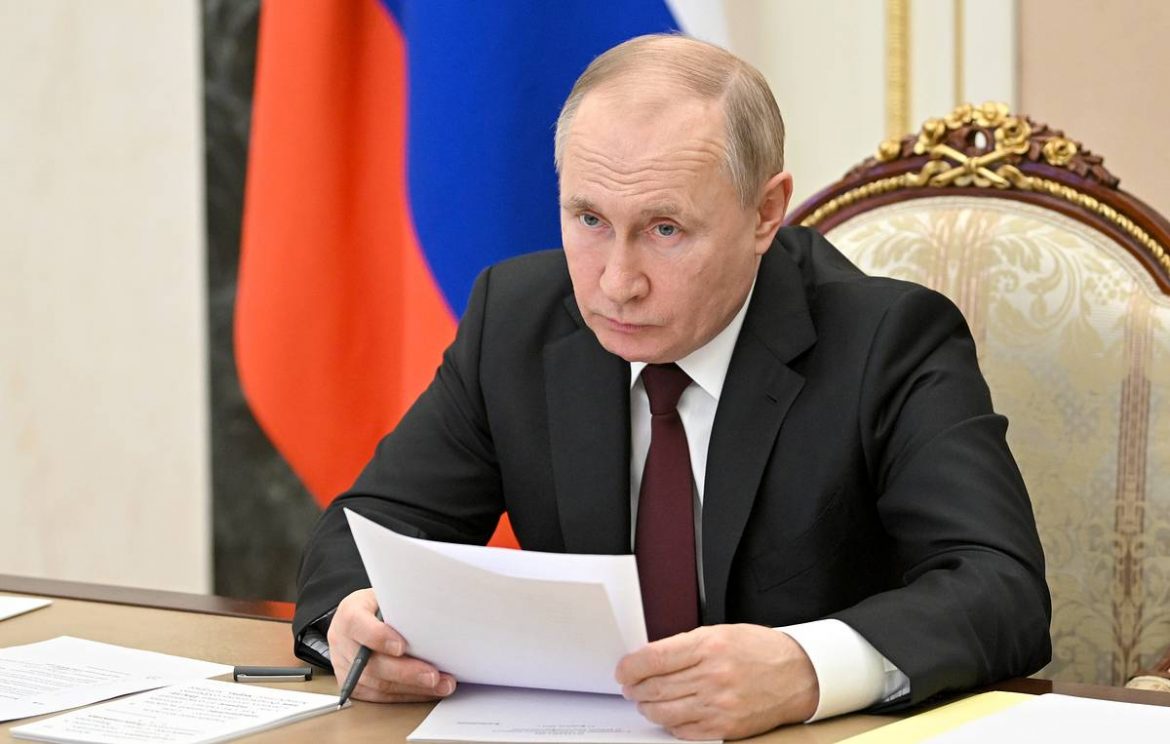The Russian energy ministry has announced that its plans to reduce national net emissions by 60% between 2019 and 2050 would not now be achieved following several international sanctions.
The EU has been responding to what it has described as Russian President, Vladimir Putin’s unprecedented and unprovoked military attack against Ukraine, by adopting restrictive sanctions, including cutting its reliance on Russian Gas.
Russia analyst with Climate Analytics, Ryan Wilson was quoted as saying that this target relied mainly on accounting tricks rather than real emissions reductions and would largely be unaffected by sanctions.
According to him, Russia’s long-term climate strategy plans for recorded emissions to continue to rise until 2030 and decline slowly in the following 20 years.
Read also: Study: Climate change making allergy season longer, pollen counts higher
He said, “The vast majority of the net reductions come from very high projected removals from the forestry sector. These removals would not be affected by sanctions”.
Climate Action Tracker ranks Russia’s climate ambition and action as “critically insufficient”.Under Russia’s approved “intensive” emissions reduction scenario, between 2019 and 2030, increased “absorptions” would take away 0.66bn tons of Co2 a year while emissions reductions would account for 0.29bn tons.
While Russia plans to change how it counts emissions from forestry, global guidelines on carbon accounting state that only emissions and emissions reductions from “managed forests”, which are subject to human intervention, should be counted.
Russia also plans to categorise all its forests as “managed forests” and claim credit for the carbon they absorb as trees grow, with over20% of the world’s forests found in the country.
Renewable investors in the country have however warned that, following the sanctions, they are unlikely to build their projects as quickly as planned and have asked the Russian government, not to fine them for the delay.
Story was adapted from Climate Home News.
